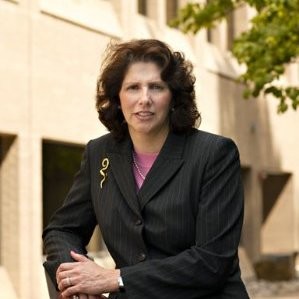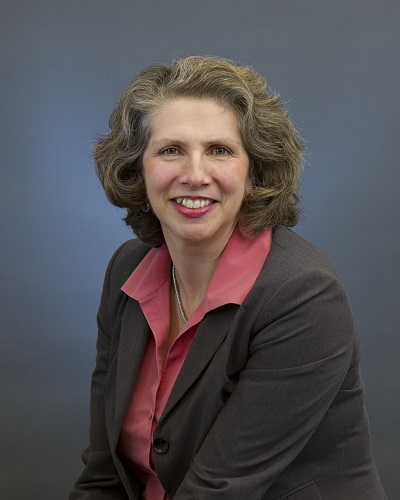Marene Allison (LinkedIn) has seen a lot in her career and her life. She was one of the first women to graduate from West Point before taking on a role at the FBI that had her bringing down some of the largest drug rings on the East Coast. Eventually, she moved on to the private sector to head up security for A&P Foods. Today, she is the Vice President and Chief Information Security Officer for Johnson & Johnson.
On a recent episode of IT Visionaries, Marene discusses her entire journey, as well as everything she’s learned about what it means to lead IT and security for a worldwide organization, what the future of AI and consumer privacy looks like, and much more.
Check out some of the key insights from the conversation below.
Threats in the digital world are real, ever-present and take a lot of knowledge to prevent or manage:
When Marene first started her career, most of the threats she was facing were physical, and had to do with terrorism. While there are still legitimate physical threats to deal with, today the threat of an online attack is much greater. It used to be you needed to go to another nation’s sovereign land to attack them. But now, those attacks can happen online. This changed how nations look at sovereignty, terrorism, and crime in general.
Digital threats are not new, however, they are much more visible, now. This change occurred because of a shift in laws requiring the disclosure of attacks. What digital attackers are after has also changed: the criminal element of cyber attacks is based on finding data for money – extortion is not the primary focus, anymore. Data, in general, is just being monetized, and the attempts to get access to that data is constant. Marene explains that ninety percent of emails that comes into Johnson & Johnson are stripped off and filtered out – because they are mostly phishing and malware. Newer technology allows for these filtering systems, and might even allow companies to identify and go after their attackers.
“Today, sophisticated technologies are what makes me excited to be a CISO,” she says. “We get to work with end users, design new systems, …and I have a huge cloud and machine learning infrastructure to look at data and find the needle in the haystack. So when the invisible man comes in to try to steal my data – I may never see him come in, but I can see the impressions on the carpet. We can identify them, surround them, and then prevent them from moving and taking any data.”
What it means to be a CIO, CTO or a CISO:
Regardless of role, there needs to be diversity and inclusion throughout the company. Everyone should have a seat at the table. “ It gets down to diversity and inclusion – and realizing who are the stakeholders needed to make the right decision,” Marene says. “If you only have sales and marketing people, you’ll make a sales and marketing decision. If you only have IT people, you make an IT decision. You need a blend.”
In the case of information security, Marene says she has one foot in IT, one foot in the business, and one foot in governance. It’s a three-legged operation. The reality is that the mission of a CISO is to protect the company and the business data of customers. That could mean being at odds with IT or with the business. Ultimately, it comes down to business risk. Everyone always wants perfect security, but perfect security may not be what’s needed. As long as the data is protected – even if it’s in an experiment – then you’re doing the right thing.
How innovation happens and what role A.I. will play in the future:
Johnson & Johnson has innovation centers around the world that were built to help grow the industry itself – not just the company. There are smart R&D folks working on innovative technologies in-house that could have applications that reach far and wide.
Artificial intelligence is one of the areas that a lot of people are focusing on, but Marene is still skeptical of the technology.
“AI might be out on the street, but it’s not where I want it to be yet for use in primetime,” she says. “ If you look at the maturity curve it’s at a 0.5 and we need it to be at a 6 on the maturity scale, especially depending on what you’re utilizing it for. In healthcare, we need to be sure. It has to be exact.”
Marene also cautions that, even if the technology continues to advance, there are still going to be risks involved with using A.I. because of the humans involved in programming the machines. Everyone has certain unconscious biases, and, no matter how hard you try to limit them, they can still creep into the technology you are programming. So even though the data is neutral, the way it’s designed to be collected or used may not be.
“I trust the data more than I trust the programmer,” Marene says.
To hear more from Marene, check out the full interview here.



